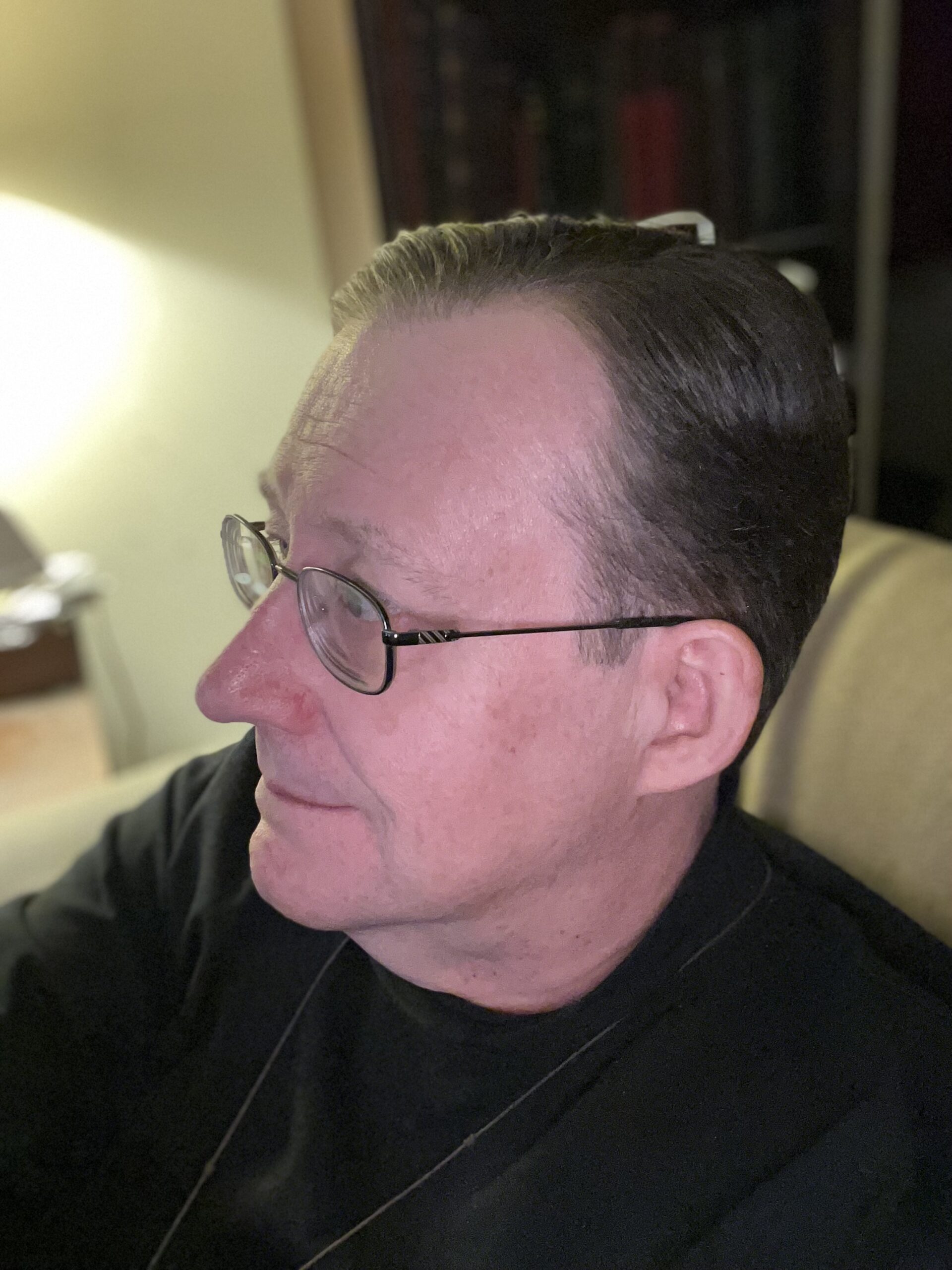The story of the Transfiguration serves to illustrate Christ’s true nature, but what is far more interesting are the reactions of his apostles, and Jesus’ own response to their reactions. As is so often the case, the apostles completely misunderstand what they have just seen—they want to preserve it as justification of their faith, the physical manifestation of their hopes and dreams of messianic salvation, by erecting “dwellings” for Jesus and the others. They want to contain what they have seen and make it physical, real, touchable, in-the-world as they knew it. And, of course, this desire misses the point. The Transfiguration is a glimpse of timelessness, a look beyond Jesus as the incarnate God then dwelling amongst them to Jesus the eternal member of the Trinity, always with us.
The apostles failure to understand the meaning of the transfigured Christ is more darkly echoed in the Daily Office readings for the Transfiguration, especially in 2 Corinthians 4:1-6 and John 12:27-36a. Paul speaks to the Corinthians of how difficult it can be to preach the Gospel because what it says is not always clear to the listener. He rejects the tempting expedient of tweaking the Gospel message to make it more palatable to others, and claims that “seeing the light of the gospel of the glory of Christ” is not something easily achieved. John’s gospel passage is a case in point: the crowd does not understand what Christ’s message is, with all this talk of light and darkness, and in the end Jesus himself departs and hides himself from them. It’s not that easy, is it, to follow me… I’m not handing it to you, you must come find the path.
As one who is trying to follow Christ, I know that I exist in a shadow. I see the landscape illuminated by the transfigured Christ, but I cannot see the source of the light itself. So my faith is all about what I believe is making all that light.
But what about that shadow? If I am not standing in the light, then something is between me and Christ that casts that shadow. I haven’t decided yet what that is; perhaps it is a function of the human condition, something that only a completed life and the reunion of my spirit with God will solve—but that is too fatalistic an answer. I believe that my shadows are there to be named, and that by naming them I may, with God’s help, peek around them for a glimpse of God’s glory.

